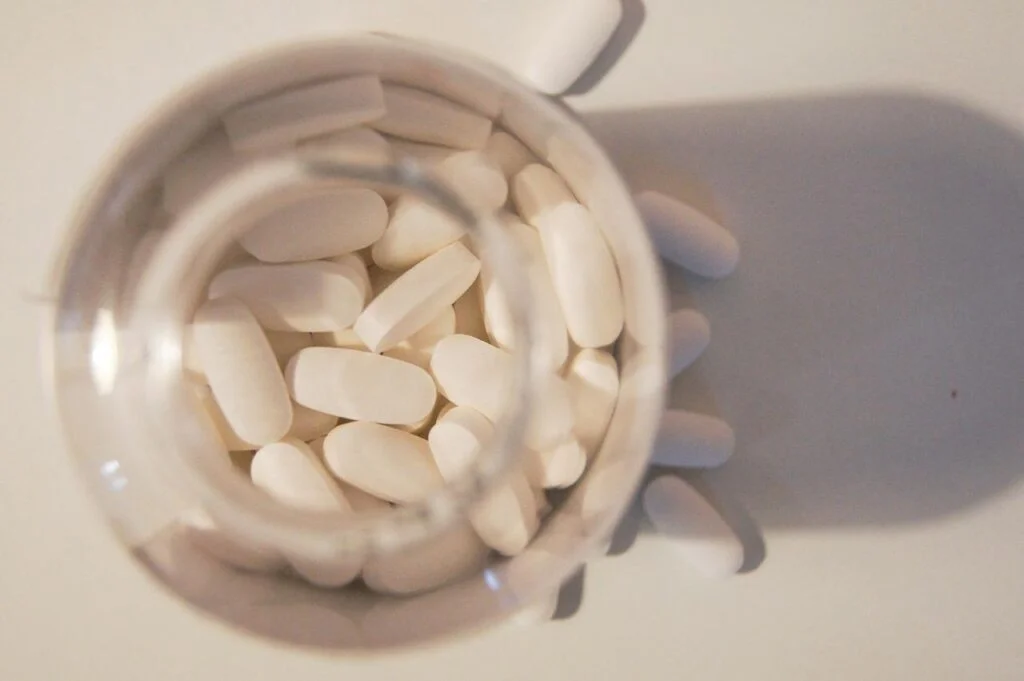Ativan (lorazepam) is a benzodiazepine often prescribed for anxiety, insomnia, and other conditions. However, long-term use can lead to dependence, and detoxing from it can be challenging. Here’s a guide on navigating the risks and complications of Ativan detox, along with expert advice:

1. Understand the Risks of Ativan Detox
- Withdrawal Symptoms: Ativan detox can trigger withdrawal symptoms, which may include:
- Anxiety and panic attacks
- Insomnia and restlessness
- Tremors and muscle spasms
- Sweating and nausea
- Seizures (in severe cases)
- Rebound Symptoms: Sometimes, symptoms that Ativan was initially prescribed for (like anxiety or insomnia) return more intensely during detox, referred to as “rebound” symptoms.
- Protracted Withdrawal Syndrome: This can occur in some individuals where withdrawal symptoms persist for months or even years after stopping Ativan.
2. Consult a Medical Professional
- Gradual Tapering: Experts recommend tapering off Ativan slowly under medical supervision to avoid sudden, severe withdrawal symptoms. A medical professional will create a tailored tapering plan, often reducing the dose by 10-25% every 1-2 weeks.
- Consideration of Alternative Medications: Sometimes, doctors switch patients to a longer-acting benzodiazepine (such as diazepam) to ease the tapering process.
- Monitoring for Complications: Regular check-ups and monitoring for serious complications, such as seizures or cardiovascular issues, are essential.
3. Detox Under Medical Supervision
- Inpatient vs. Outpatient: Depending on the severity of dependence, detox may be managed in an outpatient setting, but severe cases may require inpatient care to ensure safety during the process.
- Medication Support: During detox, certain medications like anticonvulsants, antidepressants, or beta-blockers might be prescribed to ease withdrawal symptoms and prevent complications.
4. Prepare for Psychological Symptoms
- Therapeutic Support: Psychological support, including cognitive-behavioral therapy (CBT) or counseling, can be crucial in managing anxiety, depression, and other mental health challenges that arise during detox.
- Group Support: Joining a support group can provide motivation, accountability, and shared experiences from others who have gone through similar detox processes.
5. Lifestyle Adjustments to Support Detox
- Sleep Hygiene: Improving sleep habits and routines can help address insomnia without relying on medications. This includes setting regular sleep schedules, reducing caffeine, and creating a calm sleep environment.
- Nutrition and Exercise: A balanced diet and regular exercise can boost physical and mental well-being during detox.
- Mindfulness Practices: Techniques such as meditation, yoga, or deep-breathing exercises can help manage stress and anxiety naturally.
6. Expect Challenges and Have a Relapse Plan
- Managing Cravings: Cravings for Ativan may occur, particularly in stressful situations. Having a plan in place with coping strategies can reduce the risk of relapse.
- Relapse Is Not Failure: If a relapse happens, it’s essential to seek help immediately. Often, doctors can adjust the detox plan to better suit the individual’s needs moving forward.
Detoxing from Ativan can be complex and requires careful planning and support. Working with healthcare professionals and being aware of the risks can help manage the process safely.